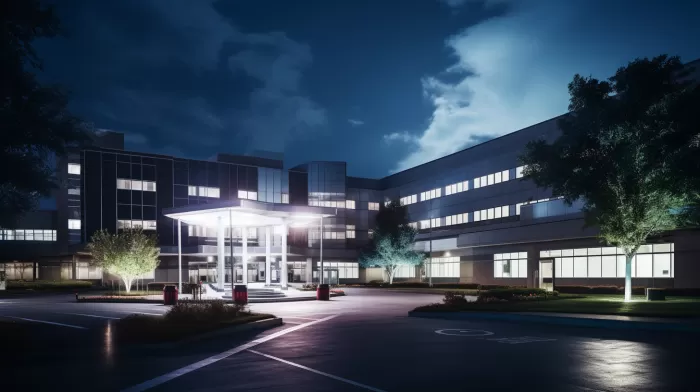When you’re admitted to a hospital, you’re already feeling vulnerable. Hospital visits are often linked to health complications or medical emergencies, which can be extremely stressful. The last thing you need to worry about during your hospital stay is the security of the facility. However, researchers from Brown University have raised concerns about lax hospital security nationwide, particularly the risk of an active shooter event.
Active Shooter Incidents Are on the Rise
It’s a fact, scary as it may be, that shootings in hospitals have been occurring more frequently over the years. Between 2000 and 2005, there were around nine incidents per year. This number grew to more than 16 per year between 2006 and 2011, with 161 individuals killed in these shootings.
In recent years, the frequency of hospital shootings has not lessened. In 2014 alone, 14 incidents were recorded, resulting in 15 deaths. Every month, on average, someone with a firearm enters a hospital and shoots several people.
Current Hospital Security: Insufficient
Eli Adashi, former dean of medicine and biological sciences at Brown University, shares this shocking insight: “We would like to think that hospitals are not an area that would be subject to harm, and maybe that’s why we want them to be free and accessible and not overly secure like a fortress. But I think times are changing.”
Hospitals must make necessary changes to adapt to this growing threat and ensure that their patients, visitors, and staff are safe and secure. The U.S. Department of Health and Human Services (HHS) understands the urgent need for improvement regarding this issue. The HHS has recently released guidelines requiring healthcare facilities to incorporate active shooter planning into their emergency action plans. In order to be accredited by the department, each facility must have such a plan in place1.
Improving Hospital Security: What Can Be Done?
The Brown University researchers have suggested a list of measures hospitals need to implement to enhance their security:
- Better Lighting: Hospital premises, especially the exterior, should be well-lit to discourage trespassing or potential criminal acts.
- More Surveillance Cameras: Installing additional security cameras will allow security personnel to monitor the hospital from different angles and pinpoint suspicious activity.
- Panic Buttons: Panic buttons should be installed in strategic locations throughout the hospital, so that staff and patients can easily alert security in case of an emergency.
- Metal Detectors: Installing metal detectors at entries may deter potential shooters or other criminals from entering the building.
- More Armed Guards: The presence of armed guards can serve as a significant deterrent to potential criminals.
Hospitals Should Be Safe Spaces
Ultimately, patients entering hospitals should feel assured that they are in a safe and secure environment. Healthcare facilities must prioritize patient safety by adopting and implementing necessary security measures. These measures will not only safeguard against active shooter incidents, but also provide an overall safer environment for anyone in the hospital.
It is not feasible to prevent every potential security threat, but hospitals must strive to minimize the risks and be proactive in their security approach. By doing so, they can ensure the safety of their patients, visitors, and staff, and most importantly, maintain public trust in the hospital system.



